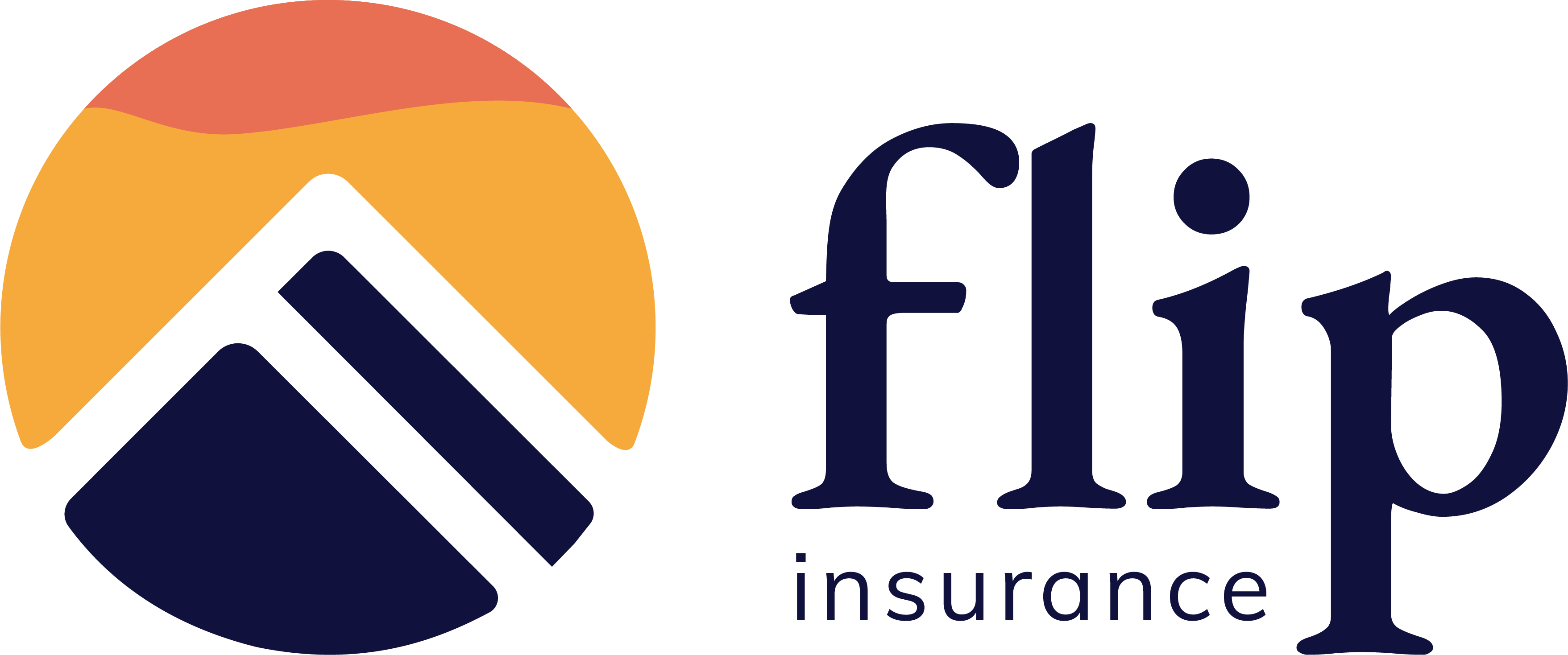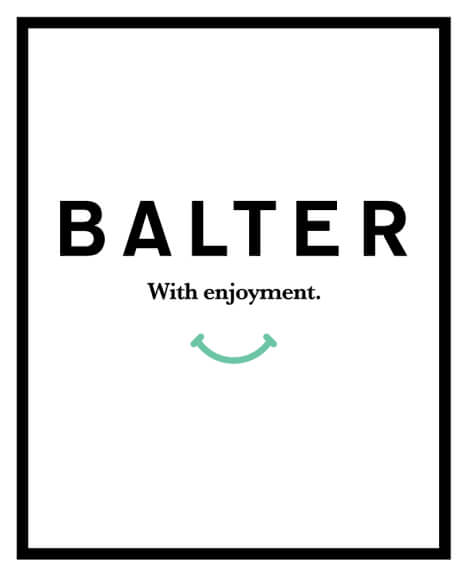Mountain Safety
Your safety is Thredbo’s number one priority. It is our goal for each day here at Thredbo to be a positive and safe experience for everyone on the mountain. When you’re on the mountain, keep an eye out for our Ski Patrol in winter and Bike Patrol in summer who are on hand to attend to any incidents. 02 6459 4147
Skiing & Snowboarding
ALPINE RESPONSIBILITY CODE
Skiers/snowboarders must observe the Alpine Responsibility Code and ski/ride in a safe manner at all times. Failure to do so may result in forfeiture of skiing/snowboarding privileges.
OBSERVE THE CODE AND SHARE WITH OTHERS THE RESPONSIBILITY FOR A GREAT EXPERIENCE
- Know your ability and always stay in control and be able to stop and avoid other people or objects. It is your responsibility to stay in control on the ground and in the air.
- If you wish to take lessons, do so only from our trained staff, who are qualified to do so.
- Use appropriate protective equipment to minimise the risk of injury.
- Before using any lift you must have the knowledge and ability to load, ride and unload safely and always use the restraining devices.
- Observe and obey all signs and warnings. Keep off closed trails or runs.
- Give way to people below and beside you on the hill. It is your responsibility to avoid them.
- Do not stop where you are not clearly visible from above. Look uphill and give way to others when entering/exiting a trail or starting downhill.
- Always ensure your equipment is in good condition and use suitable restraining devices to avoid runaway skiing/boarding equipment.
- Do not ski, board, ride a lift or undertake any other alpine activity if your ability is impaired by drugs or alcohol.
- If you are involved in, or witness an accident or collision, alert Ski Patrol, remain at the scene and identify yourself to the Ski Patrol.
To maximise safety for staff, customers, property and equipment, we prohibit the unauthorised operation or use of any remotely piloted aircraft or any form of aerial drones (whether by recreational or commercial users) within the Resort area without our approval.
ZERO TOLERANCE POLICY
To keep everyone safe, there is a strict new zero-tolerance policy for skiers and snowboarders who ignore signs or duck ropes. On your first warning, your pass will be paused for 7 days and on your second warning, your pass will be cancelled for the remainder of the season. This applies to season pass holders and day pass holders.
Backcountry
BACKCOUNTRY RESPONSIBILITY CODE
Backcountry touring requires a high level of fitness, advanced skiing/riding skills, comprehensive trip planning and avalanche awareness to safely negotiate the inherent risks. Alpine weather can become severe rapidly – hypothermia is the main cause of incidents and rescues in the Australian Alpine. Wind gusts of 150km/h and heavy snowfall during blizzards is not uncommon and it can be an extended period before help can reach backcountry locations.
- Have the skills and the fitness. Know your skiing/riding ability and stay in control at all times. Be confident and comfortable with navigation, route finding and avalanche safety.
- Check the weather and Alpine Hazard Report. Examine reputable weather forecasts and understand that alpine weather can change rapidly and be severe. If there are predicted or observed extreme weather conditions, reconsider and re-evaluate your trip.
- Have the right gear. Ensure your clothing is appropriate to the conditions. Carry the 10 Essentials of Navigation, Sun Protection, Insulation, Illumination, First Aid, Fire, Repair Kit, Extra Food, Hydration and an Emergency Shelter. Bring appropriate protective equipment e.g. helmet, crampons, ice axe, beacon, shovel and probe.
- Do the research & never go alone. All group members need a clear idea of the route, distance, time, terrain, hazards and current conditions. Plans must be flexible and continually re-assessed with open group communication. Be prepared to turn back due to weather changes, fatigue, hazards and running out of time.
- Bring the avalanche rescue basics. Bring a beacon, shovel and probe and know how to use them by doing an Avalanche Skills Training course.
- Know your emergency plan. Have emergency communication equipment like a satellite phone and Personal Locator Beacon (available to hire from NPWS), know local emergency numbers, and download the Emergency Plus app. Complete a NSW National Parks and Wildlife Services Trip Intention Form and leave your trip plan with family/friends.
- Leave no trace. Take rubbish and human waste home with you. No open or wood fires permitted in alpine areas outside hut fireplaces. Avoid wet, boggy areas and exposed flora on ridgelines.
- Dial it back and space it out. Ski/ride to avoid falls and give other backcountry users space. Don’t snake another group’s line or drop in above. Stick to established skin tracks, snow shoe and boot packing lines should move to the side of the track.
- Respect any park closures and camping restrictions. Check camping restrictions for alpine areas i.e. lake catchments, resort drinking water catchments, within 30m of rivers and streams, and within 200m of lifts, walkways and structures.
Mountain Biking
MOUNTAIN BIKE RESPONSIBILITY CODE
Regardless of how you enjoy your mountain bike sport always show courtesy to others and be aware that there are inherent risks in all mountain bike recreational activities. Common sense, protective equipment and personal awareness can reduce risk. These risks include weather, visibility, surfaces as well as natural and artificial hazards such as rocks, trees, stumps, vehicles, lift towers fences and other Thredbo resort equipment.
MINIMUM BIKE REQUIREMENTS
- 2 working brakes (disc brakes highly recommended).
- Front Suspension (Dual Suspension highly recommended).
- Tyres must be at least 1.9” wide.
- Remove mudguards longer than 25cm.
- No tandam bikes.
- No baby carriers or child seats.
OBSERVE THE CODE AND SHARE WITH OTHERS THE RESPONSIBILITY FOR A GREAT EXPERIENCE
- Take lessons to learn and progress.
- Helmets are mandatory. Full-face helmets are highly recommended on all trails.
- Before using lifts, have the ability to load, ride and unload yourself and your bike safely. Always use restraining devices.
- Do not ride lifts or undertake any form of mountain biking if your ability is impaired by drugs or alcohol.
- Know your ability. Always stay in control on the ground and in the air. Avoid other people and objects around you.
- Obey all signage. Stay on marked trails. Do not cut switchbacks. Keep off closed areas.
- Observe all Walking Zones. Dismount your bike and walk.
- When entering a trail or starting downhill, look uphill and give way to other riders.
- Do not stop where you obstruct the trail or are not visible from above.
- Assist others if you are involved in, or witness a collision or accident. Identify yourself to Bike Patrol or staff member.
- Uphill biking is not permitted on Downhill trails or mountain roads at any time due to risk of collisions with machinery or vehicles.
KNOW THE MOUNTAIN BIKE CODE IT’S YOUR RESPONSIBILITY. “RESPECT GETS RESPECT” FROM THE LIFT LINE, TO THE TRAILS, THROUGH THE PARK AND THE RESORT.
Hiking
HIKING RESPONSIBILITY CODE
For your safety it is critical to understand weather and conditions may change rapidly and to be prepared for these possibilities to reduce the risk of exposure and rescues. Assess and know if your hike is within Thredbo leasehold area or outside, understand it may be a prolonged period of time before help can reach remote locations. To preserve and conserve the longevity of the hiking terrain for others it is each individual’s responsibility to follow the Leave No Trace principles.
OBSERVE THE CODE AND SHARE WITH OTHERS THE RESPONSIBILITY FOR A GREAT EXPERIENCE
- If observed extreme weather conditions in forecast reconsider and revaluate hiking. Utilise common sense if extreme high, low temperatures, wind, snow, hail and thunderstorms will impact the hike.
- Take sufficient water, sun and weather protection into the alpine environment as no water refill stations are available, shaded areas are minimal and shelters are remote.
- Be prepared to turn back; weather changes, fatigue, unexpected conditions and running out of time, you can always come back another day.
- Protect water sources; avoid damaging or altering precious and limited alpine streams and lakes through human activities. This includes swimming.
- Do not stop where you obstruct MTB tracks or vehicle access roads or are not visible from above
- Observe and obey all signs and warnings
- Avoid walking alone and let someone know your plans. Trip Intention Forms can be submitted through the NSW National Parks and Wildlife Services website.
- Leave No Trace.
- Plan ahead and prepare
- Travel on durable surfaces – remain on designated walking tracks or travel on surfaces which can tolerate trampling. Much of the alpine ecosystem is fragile and cannot recover from trampling
- Dispose of all waste properly – no bins are located on hiking trails; all waste is to be disposed in appropriate locations across Thredbo village
- Leave what you find – do not pick or remove anything natural
- Respect wildlife – appreciate wildlife through quiet and observation from afar
- Minimise campfire impacts, understand and be aware of fire restrictions/bans.
- Be considerate of hosts and other visitors – remain on left hand side of hiking trails to allow for 2-way traffic and others to pass. Do not play music aloud when hiking.
To maximise safety for staff, customers, property and equipment, we prohibit the unauthorised operation or use of any remotely piloted aircraft or any form of aerial drones (whether by recreational or commercial users) within the Resort area without our approval.
Sign up for news
Subscribe to our newsletter to receive deals, the latest weather, forecasts, news, events and more!
Thredbo sits on the traditional land of the Monero – Ngarigo people who have looked after this land, water and community for over 60,000 years. We thank them for all they have done and continue to do to look after their country, a special place which we all love and respect.















